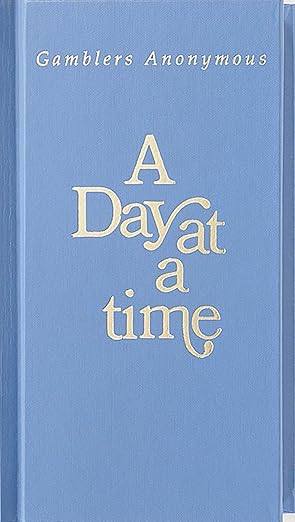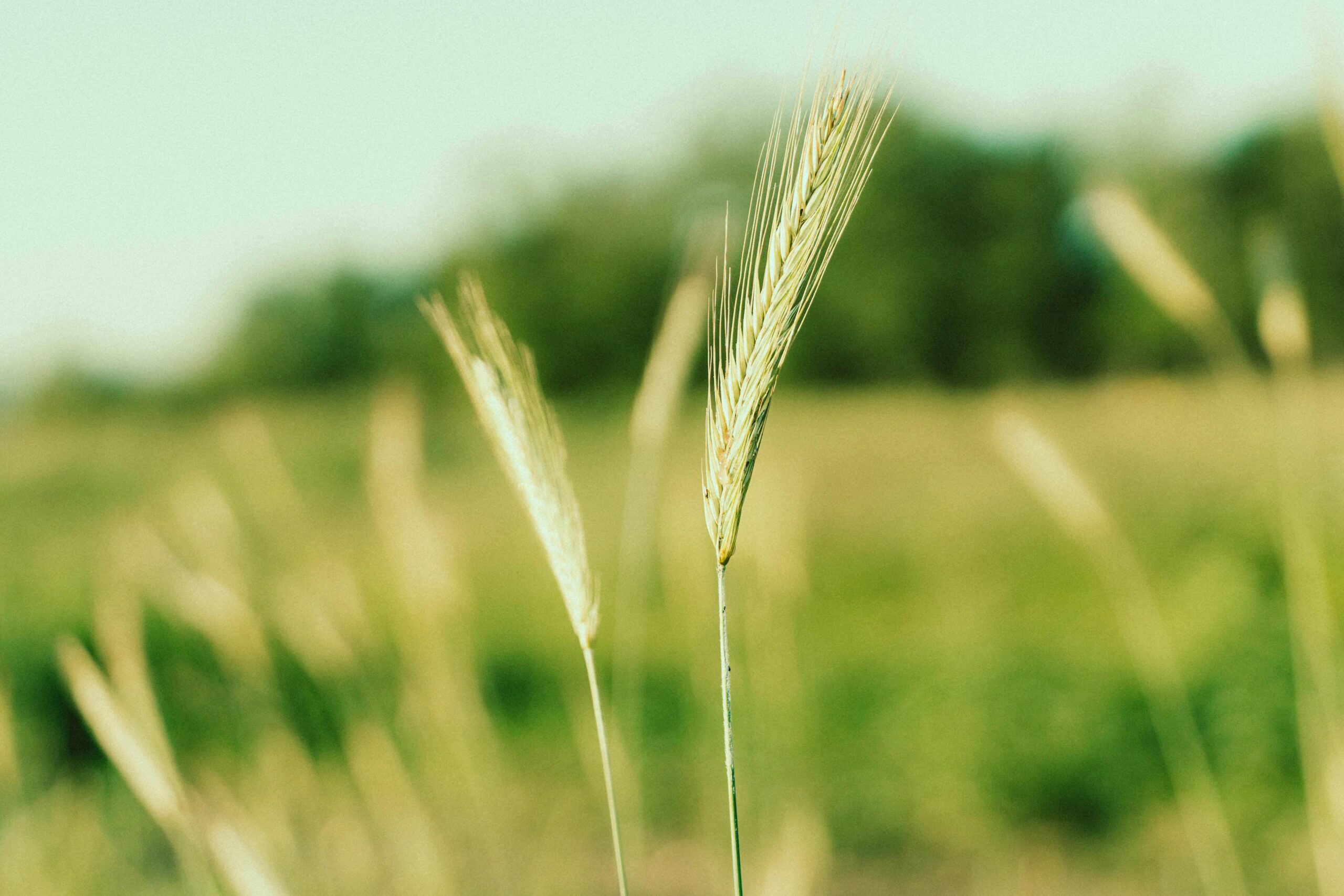Life After Quitting Gambling
By Tyler J., 45, Phoenix, Arizona
When people hear the word “sobriety,” they think drugs or alcohol. But life after quitting gambling tells a different story. There’s no smell, no slurred words—just invisible bruises on your bank account, your relationships, and your sense of self.
For me, it didn’t start with an intervention. It started in a casino parking lot, 104 degrees outside, sitting in my car with the engine off because I couldn’t afford gas. I had just spent $640—money meant for rent—on penny slots. That was the beginning of a different kind of sobriety.
Please know that some links on High Stakes Healing are affiliate links. This means we may earn a commission if you make a purchase, at no added cost to you. These small contributions allow us to provide articles, tools, and support to those in recovery, while recommending only the resources we genuinely value.
What Life Looked Like Before
Gambling wasn’t just something I did. It was who I was. I told people it was my way to blow off steam, but really, it was my escape—from boredom, anxiety, grief, everything.
I was a mechanic. Good job. Flexible hours. But I’d sneak out to gamble during lunch, skip work entirely some days, and disappear for entire weekends. I lied to my family, borrowed from friends, and cashed out my 401(k). Eventually, I was sleeping on my cousin’s couch, pretending it was just bad luck. But the truth was obvious—I had gambled away my life.
Featured Book Review
 A Day at a Time by Gamblers Anonymous
A Day at a Time by Gamblers Anonymous
A foundational meditation book offering daily reflections for individuals recovering from gambling addiction. Rooted in the principles of Gamblers Anonymous, these entries provide gentle guidance, encouragement, and spiritual grounding. It’s designed to be a steady companion for maintaining sobriety, building resilience, and taking recovery one day at a time.
Recovery takes guidance, and books can provide both comfort and practical strategies. Visit our Books for Healing and Recovery collection to explore guides, memoirs, and workbooks that support lasting change.
The First Honest Morning
The morning after that parking lot breakdown, I woke up and wrote three sentences:
- I am not okay.
- I want to change.
- I need help.
That moment was the start of my life after quitting gambling. I found a local counselor who specialized in behavioral addiction. I joined an online support group. I told my cousin everything—and instead of judgment, I got a hug. “I was just waiting for you to say something,” he said.
The Routine That Saved My Life
Gambling filled my brain with constant stimulation. Recovery required calm, structure, and accountability. During the first six months, my daily routine looked like this:
- Wake up at the same time every day
- Morning walks without my phone
- 10 minutes of journaling, even when I hated it
- Friday budget reviews
- Weekly in-person recovery group + daily app check-ins
- No screens after 9PM—late nights were a major trigger
- Short prayer or meditation before bed
I didn’t have a dramatic awakening. But over time, the mental fog lifted. I started noticing my thoughts. I noticed birds. I noticed myself.
Mental Clarity Is My Favorite Kind of High
Before recovery, gambling consumed all my mental energy. I was constantly thinking about the next bet, the last loss, the money I didn’t have. Now? I can sit still. I can be bored. I can feel my emotions instead of running from them.
Cravings still show up. But I don’t panic. I treat them like waves—strong, but passable. That shift in mindset is the best part of life after quitting gambling.
What Life Looks Like Now
It’s been three years since I stopped gambling. I rent a small apartment. I’ve been promoted at work. I volunteer at a recovery center once a month—not as an expert, but as someone who understands what it means to struggle in silence.
I haven’t “arrived.” But I’m no longer lost. And if you’re stuck in the same cycle I was—ashamed, anxious, unsure of your worth—here’s what I want you to know:
- You don’t have to hit rock bottom to change.
- One honest moment can change everything.
- There is life after quitting gambling.
Ready to Begin?
Explore more stories and support tools at our Gambling Recovery Roadmap. You’ll find resources to guide you through the quiet, powerful work of recovery—without shame, without pressure, and without perfection.
Have a Story to Share?
Your voice matters. If you’ve been through gambling addiction and want to help others, we invite you to share your story here.
Frequently Asked Questions
What helped Tyler start his recovery after quitting gambling?
Tyler began his recovery by admitting he needed help. He connected with a counselor who specialized in behavioral addiction, joined an online recovery forum, and confided in his cousin. These honest steps were the foundation of his healing journey.
How did Tyler manage his cravings after quitting gambling?
Tyler managed his cravings by building a structured daily routine. This included morning walks without his phone, journaling, avoiding screens at night, attending recovery meetings, and budgeting weekly. These habits helped him replace gambling with calm and accountability.
What does life after quitting gambling look like for Tyler?
Three years into recovery, Tyler now lives independently, has a stable job, and volunteers at a recovery center. He enjoys mental clarity, improved relationships, and the freedom to be present in his life without gambling controlling his thoughts or actions.
Is it normal to feel emotional after quitting gambling?
Yes. As Tyler described, emotional waves are part of recovery. Without gambling as a numbing tool, emotions return more vividly—but this allows for genuine healing, reflection, and growth over time.
How can others begin their journey to life after quitting gambling?
Recovery often starts with one honest moment and a willingness to seek help. Connecting with support groups, speaking with professionals, and creating a daily structure can all support a life beyond gambling. Browse our full list of recovery articles for more insights and inspiration for your healing and recovery.





